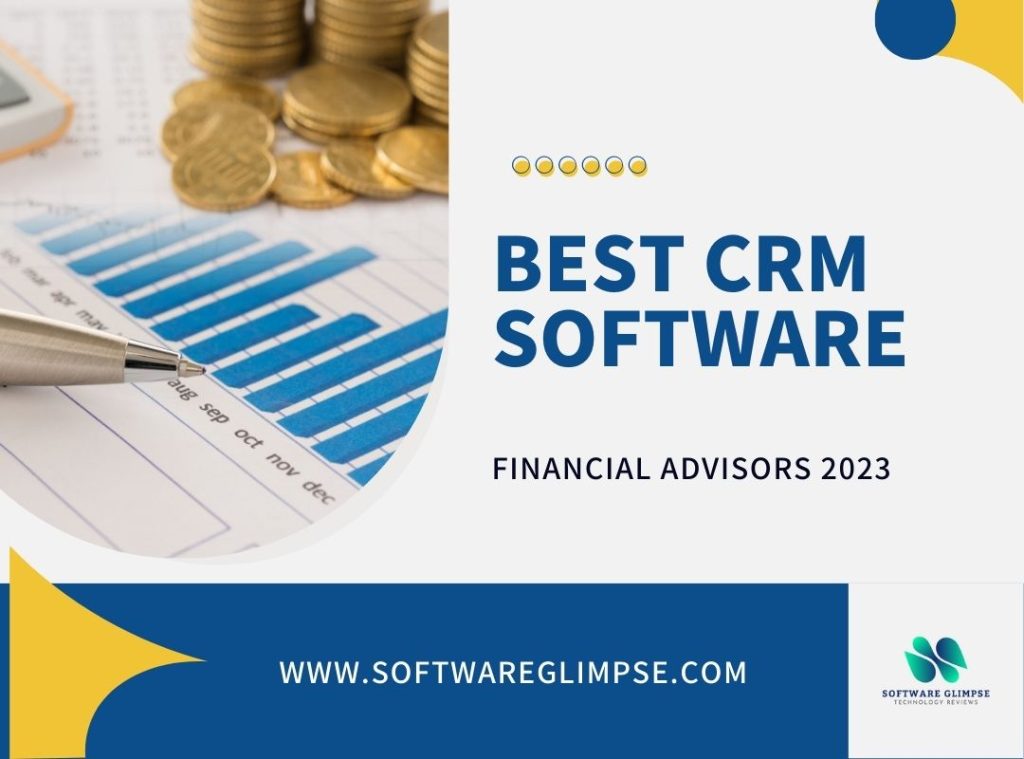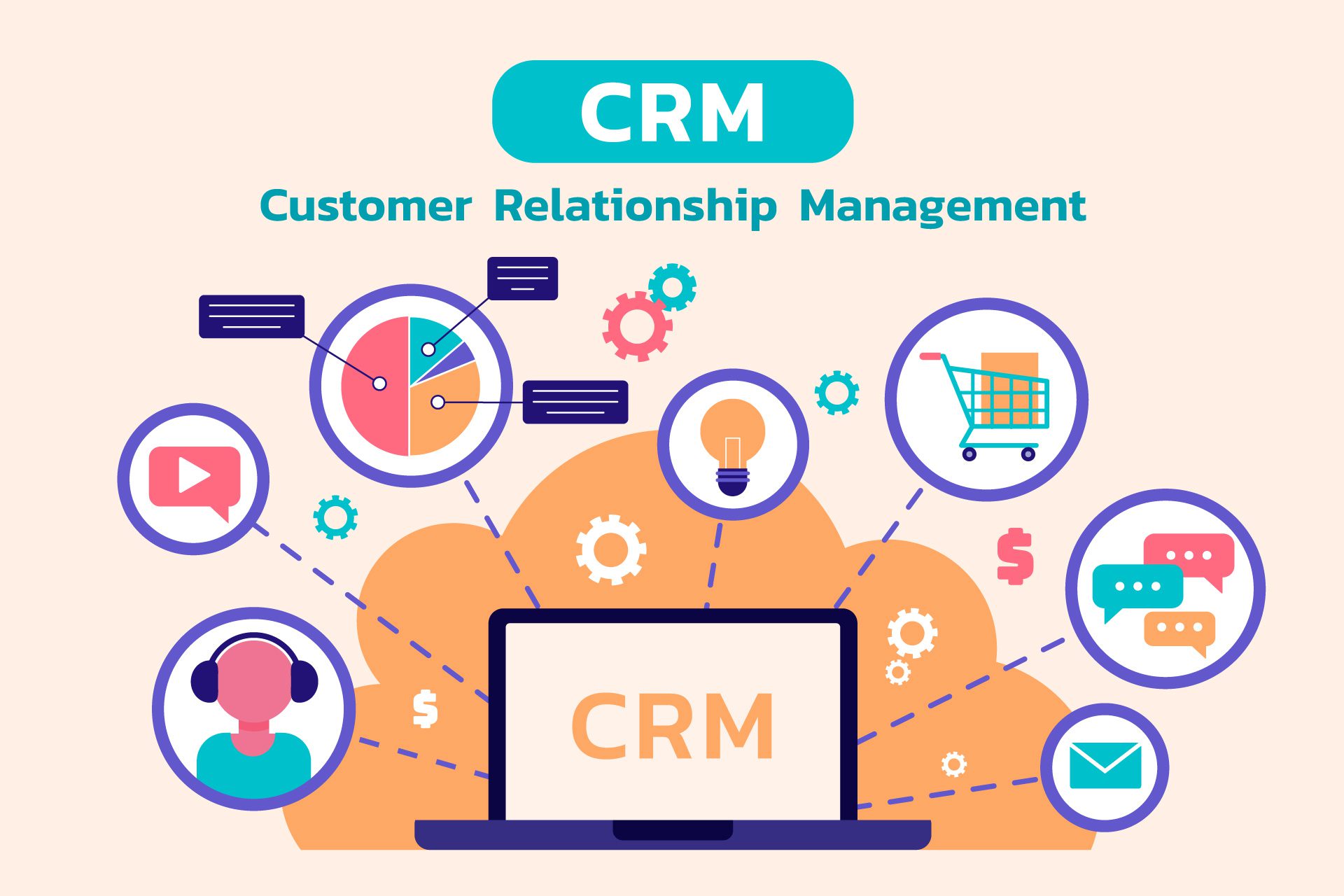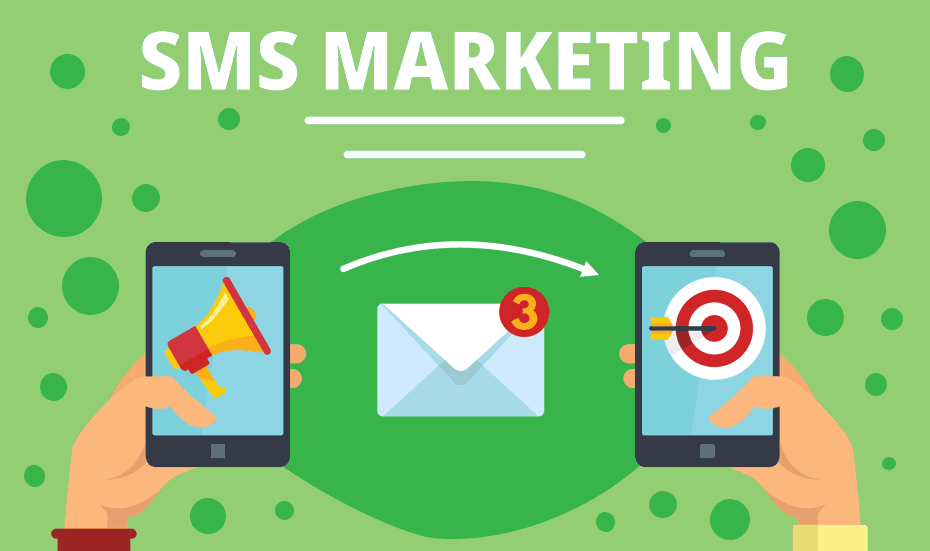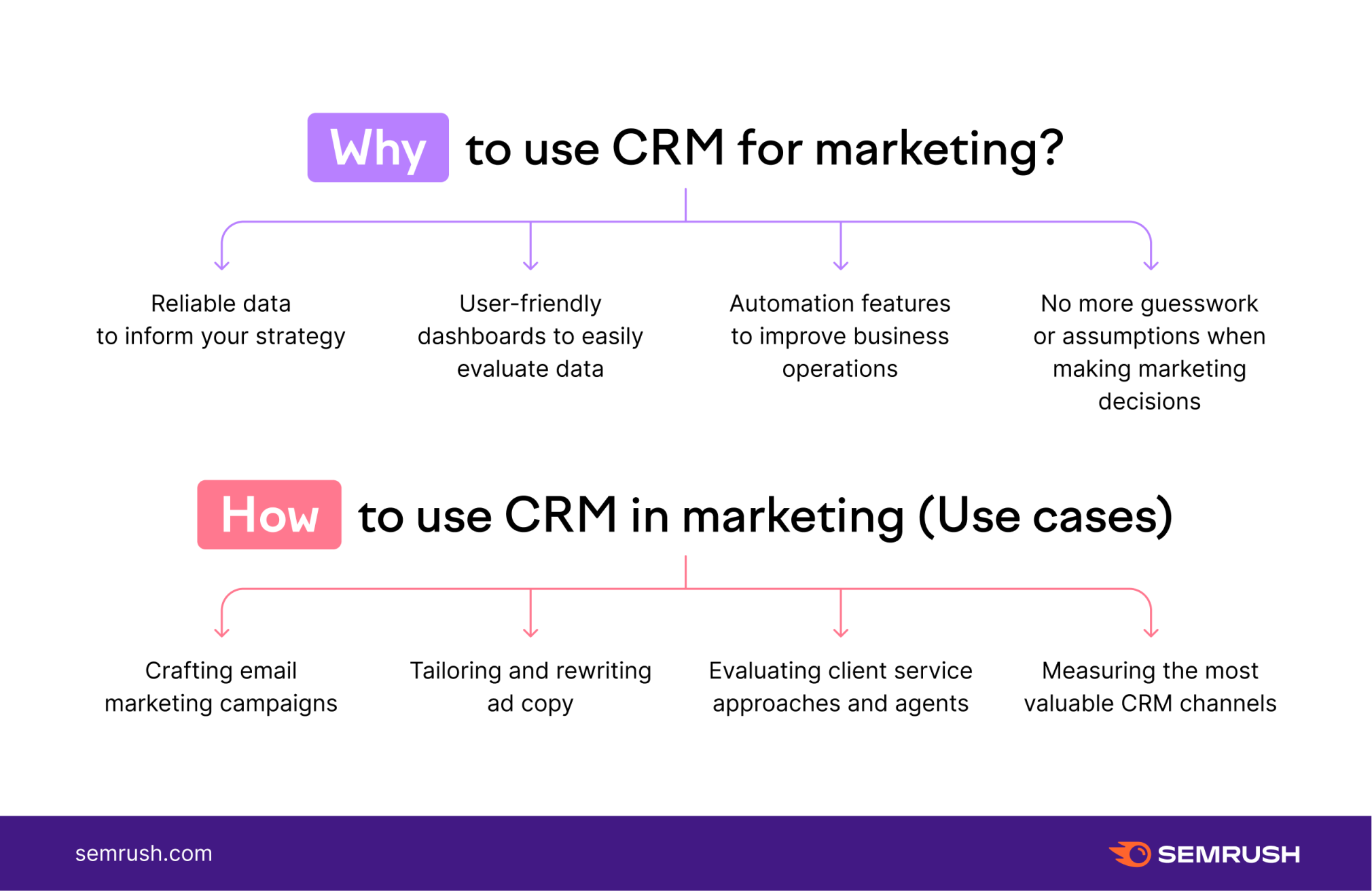Unlocking the Stage: The Ultimate CRM Guide for Independent Musicians

Introduction: The Symphony of Success and the Need for a CRM
Alright, let’s be real. Being a musician, especially a small, independent one, is a rollercoaster. One minute you’re riding the high of a killer gig, the next you’re staring at a mountain of emails, contacts, and spreadsheets, wondering how to keep it all together. This is where the unsung hero of the modern musician’s arsenal steps in: the CRM, or Customer Relationship Management, system. Forget stuffy corporate jargon – think of it as your personal, digital stage manager.
A CRM isn’t just for big record labels or massive touring acts. It’s a crucial tool for any musician who wants to build a sustainable career, connect with their fans on a deeper level, and, you know, actually get paid. In this in-depth guide, we’ll dive into the best CRM options specifically tailored for small musicians, exploring their features, benefits, and how they can transform your music journey from chaotic to captivating.
Why Every Musician Needs a CRM
You pour your heart and soul into your music. You spend countless hours honing your craft, writing songs, and perfecting your performances. But all that effort can be wasted if you’re not effectively managing your relationships with fans, venues, promoters, and other key players in the music industry. A CRM helps you:
- Organize Your Contacts: Say goodbye to scattered contact lists. A CRM centralizes all your contacts in one place, making it easy to find information, track interactions, and segment your audience.
- Streamline Communication: From sending out newsletters to following up with venues, a CRM automates repetitive tasks and allows you to communicate with your audience more efficiently.
- Boost Fan Engagement: Understand your fans better by tracking their preferences and interactions. Personalize your communication and create deeper connections that lead to loyalty and support.
- Manage Gigs and Bookings: Keep track of your performance schedule, send out invoices, and manage contracts all in one place.
- Track Your Finances: Some CRMs offer basic financial tracking features, helping you stay on top of your income and expenses.
- Analyze Your Performance: Gain insights into your marketing efforts, fan engagement, and overall progress. Identify what’s working and what needs improvement.
In essence, a CRM is your digital assistant, your personal data guru, and your secret weapon for building a thriving music career. Without one, you’re essentially trying to navigate a complex industry with one hand tied behind your back.
Top CRM Systems for Small Musicians: A Deep Dive
Now, let’s get down to the nitty-gritty. Here’s a breakdown of the top CRM systems that are particularly well-suited for the unique needs of small musicians. We’ll look at their features, pricing, and what makes them stand out from the crowd.
1. HubSpot CRM
Why it’s great: HubSpot CRM is a powerhouse, and the best part? It’s free! While the free version has limitations, it’s more than enough to get you started and provides a solid foundation for managing your contacts, tracking deals (like gig bookings), and sending out basic email campaigns. It’s incredibly user-friendly, even for those who are new to CRM systems.
Key Features:
- Free Forever: The core CRM features are completely free.
- Contact Management: Store and organize all your contacts in one central hub.
- Deal Tracking: Track the progress of your gigs and bookings.
- Email Marketing: Send out basic email newsletters and announcements.
- Integration: Integrates with other popular tools like Gmail, Outlook, and social media platforms.
Pricing: Free (with paid upgrades for advanced features like marketing automation and more storage).
Who it’s best for: Musicians who are just starting out, on a tight budget, and need a simple, easy-to-use CRM to manage their contacts and track their progress.
Pros: Free, user-friendly, excellent contact management, good integrations.
Cons: Limited features in the free version, email marketing capabilities are basic.
2. Pipedrive
Why it’s great: Pipedrive is designed with sales in mind, making it a perfect fit for musicians who are actively seeking gigs, sponsorships, and other opportunities. It’s visually appealing, intuitive, and focuses on helping you close deals. You can easily track your interactions with venues, promoters, and potential collaborators, moving them through a sales pipeline until they become a confirmed booking.
Key Features:
- Visual Sales Pipeline: Visualize your sales process and track deals at every stage.
- Contact Management: Store and organize your contacts with detailed information.
- Activity Tracking: Log calls, emails, and meetings to keep track of your interactions.
- Automation: Automate repetitive tasks like sending follow-up emails.
- Reporting: Track your performance and identify areas for improvement.
Pricing: Starts at a reasonable monthly fee per user, making it accessible for solo musicians and small bands.
Who it’s best for: Musicians who are actively seeking gigs and opportunities and want a CRM that helps them close deals efficiently.
Pros: Excellent sales pipeline, user-friendly interface, strong automation features.
Cons: Can be overkill for musicians who primarily focus on fan engagement rather than active sales.
3. Zoho CRM
Why it’s great: Zoho CRM is a comprehensive CRM system with a wide range of features, making it suitable for musicians who need a more advanced solution. It offers a free plan for up to three users, which is a great option for small bands or solo artists who need more than just basic contact management. It integrates seamlessly with other Zoho apps, creating a powerful ecosystem for managing your music business.
Key Features:
- Contact Management: Comprehensive contact management with detailed information and segmentation.
- Lead Management: Capture and nurture leads, converting them into opportunities.
- Sales Automation: Automate sales processes and streamline your workflow.
- Email Marketing: Create and send email campaigns with detailed analytics.
- Workflow Automation: Automate tasks and processes to save time and effort.
- Reporting and Analytics: Track your performance and gain insights into your business.
Pricing: Offers a free plan for up to three users, with paid plans for more advanced features and users.
Who it’s best for: Musicians who need a more advanced CRM solution with a wide range of features, including email marketing and sales automation. Suitable for small bands and solo artists who are looking to scale their business.
Pros: Comprehensive features, free plan available, strong email marketing capabilities, good integrations.
Cons: Can be overwhelming for beginners, the user interface can be a bit complex.
4. Agile CRM
Why it’s great: Agile CRM is another solid choice, known for its user-friendliness and affordability. It offers a free plan for up to 10 users, making it a great option for small bands or teams. It combines sales, marketing, and service features into one platform, allowing you to manage your entire customer journey in one place. Its drag-and-drop interface makes it easy to navigate and customize.
Key Features:
- Contact Management: Manage and segment your contacts with detailed information.
- Deal Management: Track your gigs and bookings through a sales pipeline.
- Email Marketing: Send out email campaigns and track their performance.
- Marketing Automation: Automate your marketing efforts to save time and effort.
- Helpdesk: Provide customer support and manage inquiries.
Pricing: Offers a free plan for up to 10 users, with paid plans for more features and users.
Who it’s best for: Musicians who need a user-friendly and affordable CRM solution with a good balance of sales, marketing, and service features. Suitable for small bands or teams.
Pros: User-friendly interface, affordable pricing, a good range of features, free plan available.
Cons: Some users find the marketing automation features to be less robust than other options.
5. Keap (formerly Infusionsoft)
Why it’s great: Keap is a powerful CRM and marketing automation platform geared towards small businesses. While it has a steeper learning curve than some of the other options, its comprehensive features make it a good fit for musicians who are serious about growing their business. It’s designed to help you automate your sales and marketing processes, nurturing leads and converting them into paying customers.
Key Features:
- Contact Management: Store and organize your contacts with detailed information.
- Sales Automation: Automate your sales processes and streamline your workflow.
- Email Marketing: Create and send email campaigns with advanced automation features.
- Marketing Automation: Automate your marketing efforts to nurture leads and convert them into customers.
- E-commerce: Sell your merchandise and music directly through the platform.
- Reporting and Analytics: Track your performance and gain insights into your business.
Pricing: Starts at a higher monthly fee compared to other options, reflecting its comprehensive features.
Who it’s best for: Musicians who are serious about growing their business and need a powerful marketing automation platform. Suitable for those who are willing to invest time in learning the platform’s features.
Pros: Powerful marketing automation, comprehensive features, e-commerce capabilities.
Cons: Steeper learning curve, more expensive than other options.
Choosing the Right CRM: A Checklist for Musicians
Picking the right CRM is like choosing the right instrument – it needs to fit your style and your goals. Here’s a checklist to help you make the best decision:
- Your Budget: How much are you willing to spend? Consider both the monthly cost and the cost of any add-ons or integrations.
- Your Needs: What are your primary goals? Are you focused on fan engagement, booking gigs, or both?
- Ease of Use: How comfortable are you with technology? Choose a CRM that’s easy to learn and use, especially if you’re new to these systems.
- Features: What features are essential for your business? Do you need email marketing, sales automation, or reporting and analytics?
- Integrations: Does the CRM integrate with the other tools you use, such as your email provider, social media platforms, and website?
- Scalability: Can the CRM grow with your business? Choose a system that can accommodate your future needs.
- Support: What kind of support does the CRM provider offer? Do they have helpful documentation, tutorials, and customer support?
By considering these factors, you can narrow down your options and choose the CRM that’s the perfect fit for your music career.
Beyond the Basics: Advanced CRM Strategies for Musicians
Once you’ve chosen your CRM, it’s time to put it to work. Here are some advanced strategies to maximize its potential:
- Segment Your Audience: Don’t treat all your fans the same. Segment your audience based on their interests, location, and engagement level. This allows you to send targeted messages that resonate with each group.
- Automate Your Email Marketing: Set up automated email sequences to nurture leads, promote your music, and keep your fans engaged. Send welcome emails to new subscribers, follow-up emails to those who haven’t purchased your music, and promotional emails to announce new releases or tour dates.
- Track Your Performance: Regularly review your CRM data to identify what’s working and what’s not. Analyze your email open rates, click-through rates, and conversion rates to optimize your marketing efforts.
- Integrate with Your Website and Social Media: Connect your CRM with your website and social media platforms to capture leads, track engagement, and personalize your communication.
- Use a Lead Scoring System: Assign points to your leads based on their interactions with your website, emails, and social media profiles. This helps you identify your most engaged leads and prioritize your efforts.
- Personalize Your Communication: Use your CRM data to personalize your emails and other communications. Address your fans by name, reference their interests, and tailor your messages to their preferences.
- Create a Sales Pipeline for Gigs: Use your CRM to track your progress in securing gigs, from initial contact to contract signing. This helps you stay organized and follow up with potential clients in a timely manner.
- Build a Strong Relationship with Your Fans: Don’t just use your CRM to promote your music. Use it to build genuine relationships with your fans. Respond to their comments, thank them for their support, and offer exclusive content and experiences.
By implementing these strategies, you can transform your CRM from a simple contact list into a powerful tool for building a thriving music career.
The Future of Music and CRM
The music industry is constantly evolving, and so is the technology that supports it. As the industry becomes more digital and data-driven, CRM systems will become even more essential for musicians. Here are some trends to watch:
- Artificial Intelligence (AI): AI-powered CRM systems will be able to analyze your data, predict your fans’ behavior, and automate even more of your marketing efforts.
- Personalization: CRM systems will become even better at personalizing your communication, tailoring your messages to each individual fan’s preferences.
- Integration: CRM systems will become even more integrated with other tools and platforms, creating a seamless workflow for managing your music business.
- Mobile-First: CRM systems will become even more mobile-friendly, allowing you to manage your contacts and marketing efforts from anywhere.
By staying ahead of these trends, you can ensure that your music career continues to thrive in the ever-changing landscape of the music industry.
Conclusion: Hitting the Right Notes with Your CRM
Choosing the right CRM is a significant step toward building a successful and sustainable music career. By centralizing your contacts, streamlining your communication, and gaining insights into your audience, you can focus on what matters most: creating and sharing your music. Remember, it’s not just about the technology; it’s about using the technology to build genuine connections with your fans and grow your music business.
So, take the time to explore the options, consider your needs, and find the CRM that’s the perfect fit for you. With the right tools and a little bit of effort, you can unlock the stage and take your music career to the next level. Now go forth, musicians, and make some noise!



